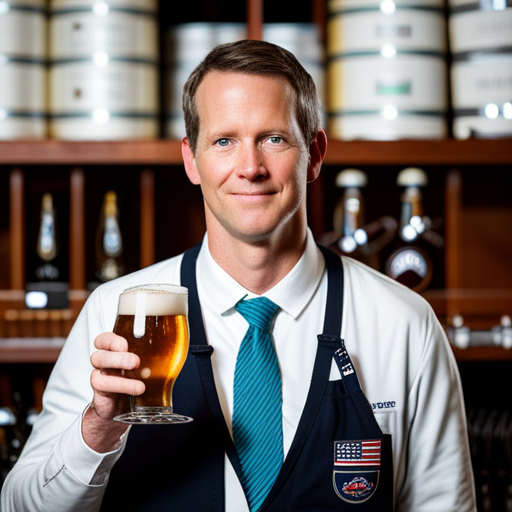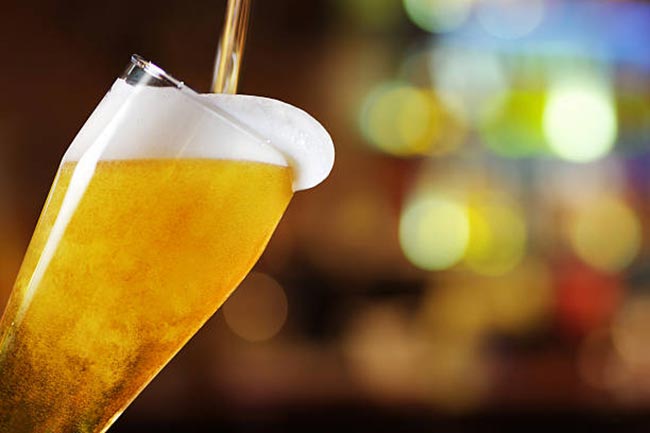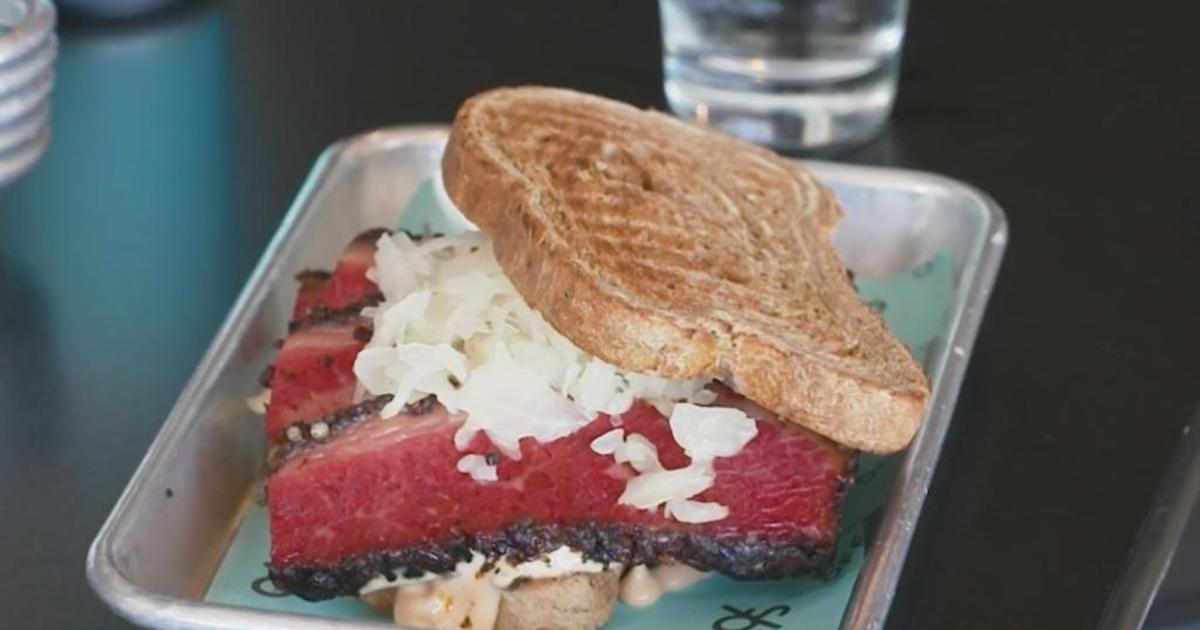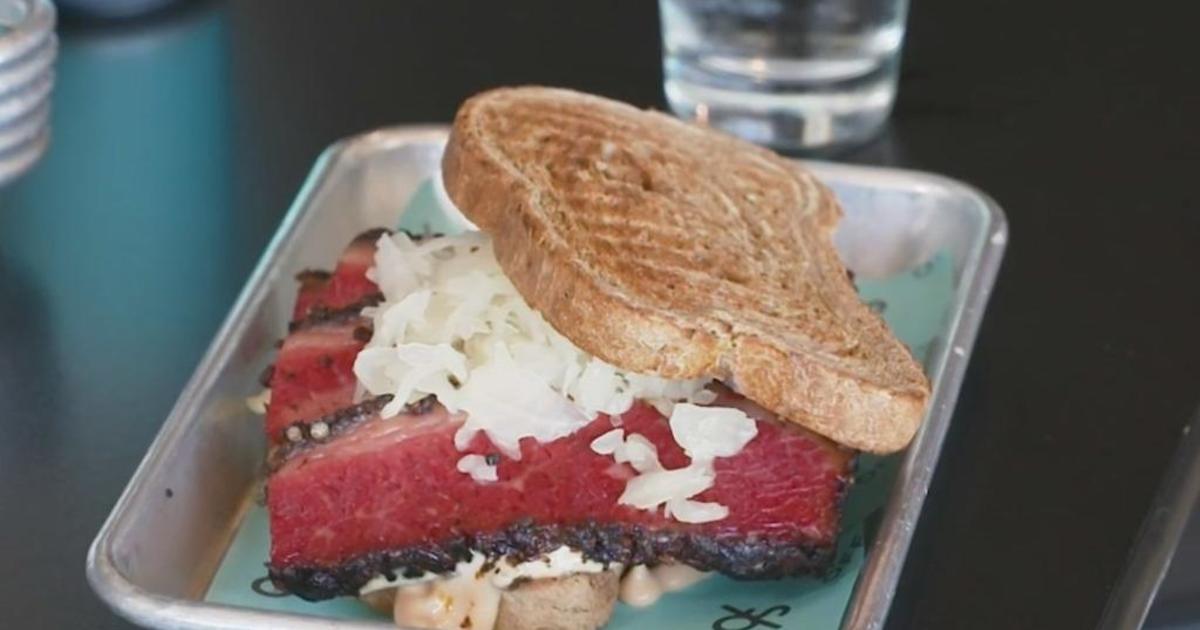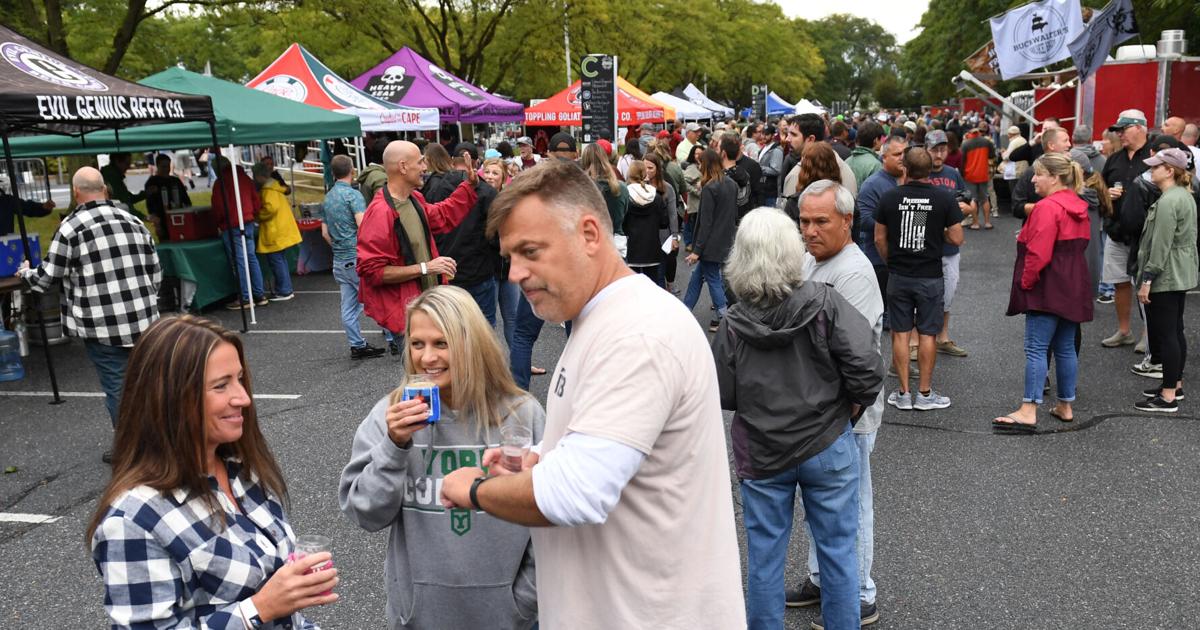How Big Beer Companies are Challenging the Craft Beer Industry
The Rise of Craft Beer
Over the last decade, craft beer has exploded in popularity in the United States. Small, independent breweries have gained a loyal following by producing unique, high-quality beers with bold flavors. The rise of craft beer has been seen as a backlash against the homogenization of the beer industry, with consumers eager to try something different from the mass-produced light lagers that had dominated the market for decades.
The Big Beer Response
But as the craft beer market has grown, the big beer companies have taken notice. AB InBev, the world’s largest beer company, and Molson Coors, one of the largest beer companies in North America, have both made significant investments in the craft beer space. AB InBev has acquired several craft breweries, including Goose Island and Wicked Weed, and has created a portfolio of craft beer brands under its own name, such as Shock Top and Blue Moon. Molson Coors has also acquired craft breweries, including Saint Archer and Revolver.
What this Means for Craft Beer
The investments by AB InBev and Molson Coors have sparked controversy in the craft beer community. Many craft beer fans see the acquisitions as corporate takeovers of small, independent breweries, and worry that the quality of the beer will suffer as a result. Others argue that the big beer companies are simply trying to stay competitive in a changing market, and that their investments are a sign of the success of the craft beer industry.
Regardless of how you feel about the big beer companies entering the craft beer space, there is no denying the impact they have had. With their resources and distribution networks, AB InBev and Molson Coors have been able to get their craft brands into more stores and bars than many independent breweries could ever hope to. This has made it harder for smaller breweries to compete, and has led to some consolidation in the craft beer industry.
The Future of Craft Beer
Despite the challenges posed by big beer, the craft beer industry is still growing. According to the Brewers Association, the trade group that represents craft breweries, there are now over 7,000 independent craft breweries in the United States. While the growth rate has slowed in recent years, the industry is still expanding, and consumers are still eager to try new and innovative beers.
The rise of craft beer has also led to a cultural shift in how we think about beer. No longer is beer simply something to drink while watching a football game or grilling in the backyard. For many people, it is a hobby, a passion, and a way of life. Craft beer has become a symbol of independence, creativity, and quality, and it shows no signs of losing its appeal.
Conclusion
The entry of big beer companies into the craft beer space has certainly changed the industry, but it has not destroyed it. Craft beer is still thriving, and there are plenty of independent breweries producing amazing beer. As consumers, we can vote with our wallets, choosing to support the breweries we believe in and the beers we love. Whether you prefer the big beer brands or the small independents, there has never been a better time to be a beer lover.
